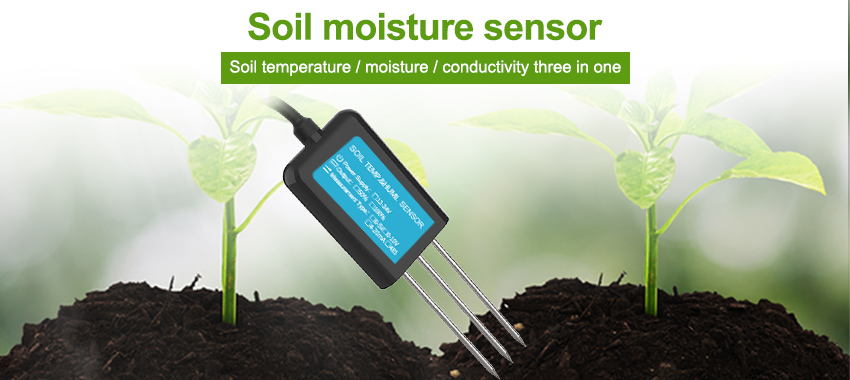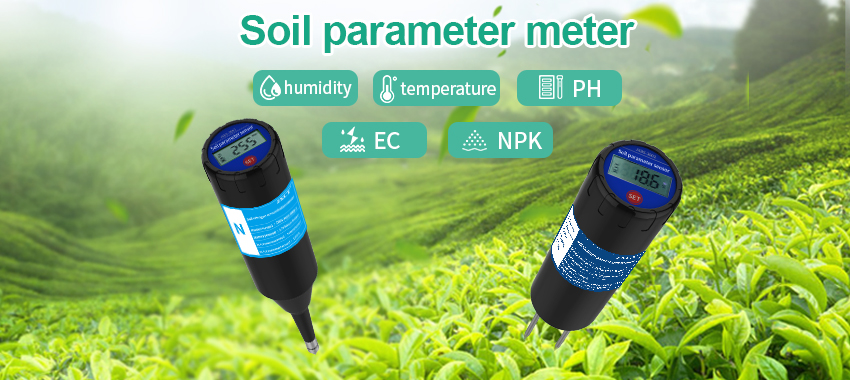Quality soil moisture sensor are valuable tools for farmers and gardeners alike. Knowing the moisture content of the soil in which plants are growing can help prevent both overwatering and underwatering, which can ultimately damage or even kill plants. However, not all soil moisture sensors are created equal.

When it comes to selecting a quality soil moisture sensor, there are a few key factors to consider. These include the accuracy of the measurement, the durability and longevity of the sensor itself, and the ease and efficiency of data collection.
Accurate measurements are essential in determining when and how much to water plants, and a reliable sensor is necessary for consistent and ongoing monitoring. Additionally, high-quality sensors should be built to last and withstand exposure to the elements, including direct sunlight and heavy rainfall.
A sensor that is easy to use and provides real-time feedback on soil moisture levels can save time and resources in the long run. By selecting a quality soil moisture sensor, gardeners and farmers can ensure they are providing the optimal conditions for plant growth and promoting healthy yields.
The Benefits of Investing in a Quality Soil Moisture Sensor for Agriculture

The importance of soil moisture management in agriculture cannot be overstated. From optimizing irrigation practices to enhancing crop yields and reducing water usage, soil moisture sensors play a critical role in sustainable agricultural practices.
Investing in a quality soil moisture sensor can have a significant impact on farming operations. By accurately measuring soil moisture levels, farmers can more effectively plan when and how much to irrigate their crops, conserving water resources and reducing water waste.
In addition, high-quality sensors typically offer advanced features such as real-time monitoring, integration with other technologies like weather stations and automated irrigation systems, and data analytics capabilities for better decision-making.
Overall, a quality soil moisture sensor can improve crop productivity, reduce water usage and costs, and promote sustainable practices in agriculture.
How to Choose the Best Quality Soil Moisture Sensor for Your Needs
When it comes to selecting a quality soil moisture sensor, there are several factors to consider to ensure you choose the best option for your specific needs.
Some useful considerations include:
- Accuracy and reliability of the sensor’s measurement
- Durability and longevity of the sensor itself
- Compatibility with other technologies such as weather stations and irrigation systems
- Ease of use for data collection and analysis
Additionally, it’s important to think about the environment in which the sensor will be used and select a sensor that is tailored for those specific conditions. For example, some sensors may be more suitable for sandy soils, while others may work better in heavy clay soils.
By taking these factors into account and doing thorough research on the available options, you can select a quality soil moisture sensor that will provide accurate measurements, withstand the elements, and help optimize soil moisture management for optimal plant growth and sustainability.